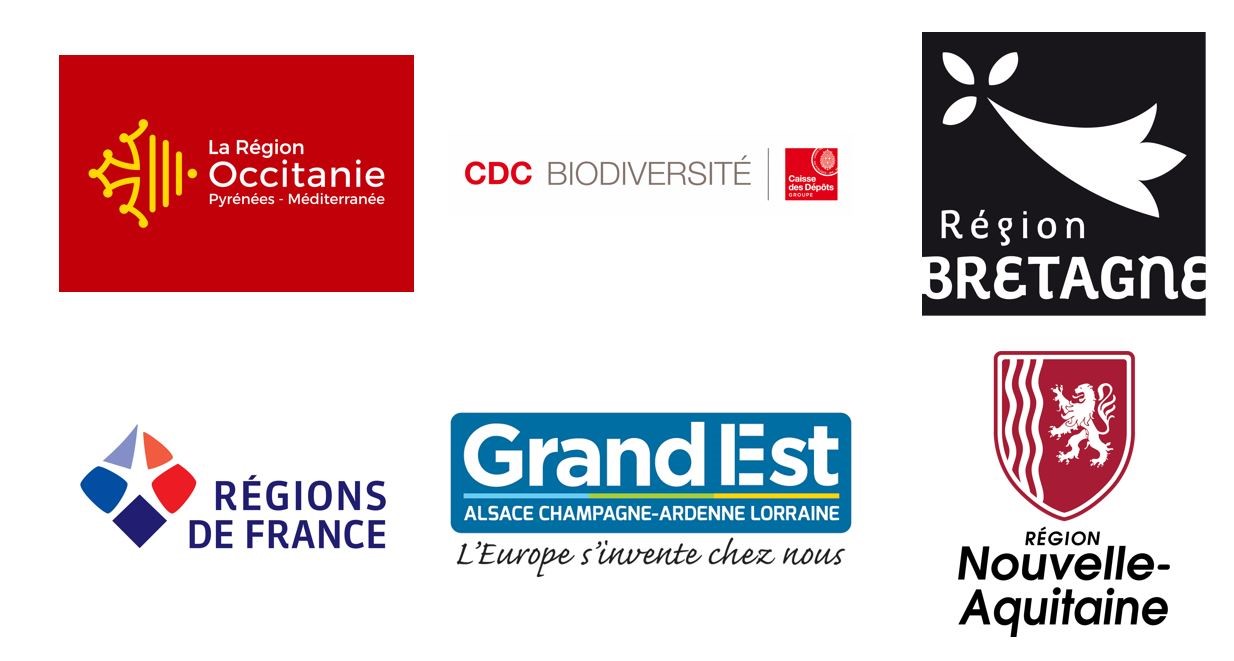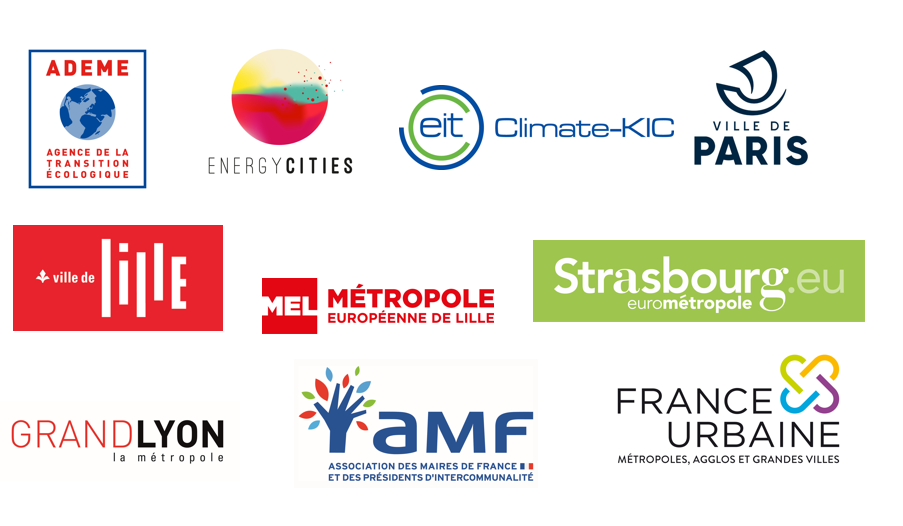Framework for Climate budget assessment for cities
Context :
The drafting and approval of a budget are key moments for a local authority and its climate policy. Analyzing a budget through the prism of the climate impacts helps inform budget debates , to direct expenditures as much as possible towards the climate transition.
In 2019-2020, I4CE co-constructed a methodology for climate assessment of a local budget, with the Cities of Paris and Lille, the Metropolises of Lille and Lyon, the Eurometropole of Strasbourg, the Association des Maires de France, France Urbaine, ADEME and EIT Climate KIC.
This methodology was further refined in 2021-2022, in collaboration with CDC Biodiversité, Régions de France and the Régions Grand Est, Bretagne, Occitanie, Nouvelle-Aquitaine to take into account biodiversity issues and be applicable at all levels: from regions to municipalities.
This methodology is freely available and open to anyone interested. On this page, you will find all the resources available, classified by area of analysis (mitigation / adaptation / biodiversity). It can be applied to various local authority budget documents (pluriannual documents, annual budget, financial statement). Although there are links between the two approaches, this work is independent of the standardized method established by the French State for the construction of a mandatory “green appendix” in the administrative accounts of local authorities with over 3,500 inhabitants.
As a think tank, I4CE does not provide support to local authorities on this subject.
In this methodology, you’ll find:
- An executive summary presenting the interests and objectives of the methodology and actions plan to put in place,
- A methodology guide,
- 3 appendices (in French only) to analyze local authority expenditures
Synthesis Methodological guide Mitigation appendix Adaptation appendix Biodiversity appendice by <em>CDC Biodiversité</em> (in french only)
- A webinar explaining the method with feedbacks from Paris and Strasbourg that have tested the method and from Oslo that has developed its own approach of climate budgeting.
- Want to learn more? In this webinar hosted by the ClimateGroup project with US and European subnational states, our researchers explain the fundamentals of green budgeting and provide practical examples from the City of Paris. They then highlight the limitations of green budgeting and explores the benefits of developing a “climate financing plan”.
Webinar explaining the fundamentals of green budgeting
Please note that this tool is not intended to make comparisons between local authorities as budgets are very different from one another: socio-economic context is specific to each territory and the differences in competencies imply different expenditures to be made.
This common framework, built by and for communities, can be improved: it covers climate issues, when the ecological transition deals with other issues such as water resources, air pollution or biodiversity preservation. These other issues can be integrated in the methodology by experts who wish to do so.
Partners :
The cities and metropolises associated with the project are the metropolis of Lille, the metropolis of the Greater Lyon, the metropolis of Strasbourg, the city of Paris and the city of Lille. In addition, France Urbaine, the Association of French Mayors (AMF), Climate KIC and Ademe are also partners of the project. The budget climate assessment methodology has integrated Cit’ergie, a French label for local authorities on energy-climate-air quality management.
The climate assessment framework for local authority budgets is transparent, public and aims to be widely shared through different networks in France, but also potentially at the European or even global level (C40).
I4CE thanks its partners:


And supporters of the methdology:


